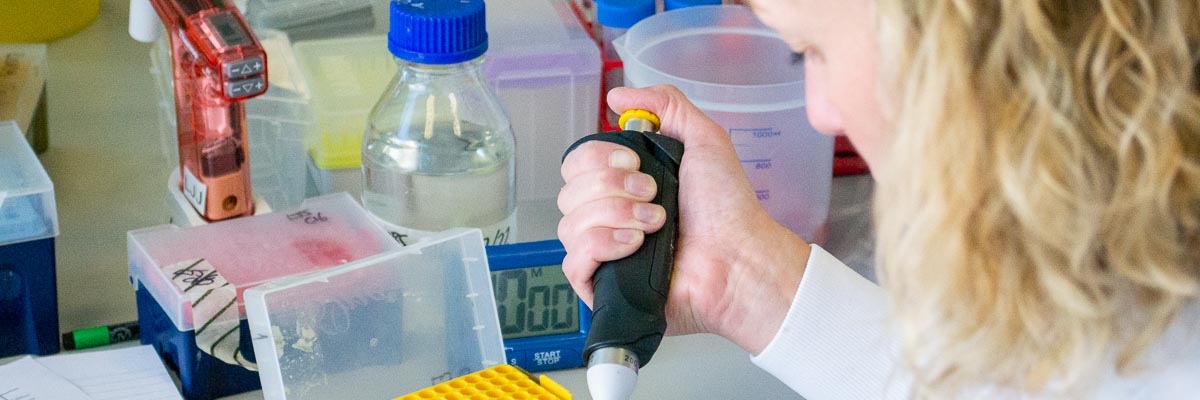Ageing
Led by the Centre for Ageing Research and the International Observatory on End of Life Care.
The Faculty's strategic aim is to produce excellent research that is both interdisciplinary and translational, having practical applications for human and societal benefit.

Research within the Faculty is organised around five main themes. The work within each of these themes
Translating our research into impact in the real world has always been a priority in the faculty. Our research has had important benefits to people in the wider community; regionally, nationally and internationally.
The Faculty has important partnerships with other parts of the University that carry out health-related research. We also enjoy close collaborations and strong links with NHS and social care partners, health-related industries and the voluntary sector.
The Faculty is host to one of eight hubs delivering the
This is a national service providing free and confidential support for researchers to apply for funding applications and provides post-award support to develop and deliver clinical and applied health and care research. Access to support, advice and expertise is available for all researchers working across the remit of the NIHR and other national peer-reviewed competitions.
There are also specialist centres with expertise in public health and social care. Ãå±±ÂÖ¼é is host to the RSS Hub and as delivered by Lancaster, in partnership with the universities of Liverpool (including the Clinical Trials Centre) Manchester and Manchester Metropolitan University.
Led by the Centre for Ageing Research and the International Observatory on End of Life Care.

Statistical design and analysis contribute to, and inform, many areas of our health-related research.

Our interests include microbiology and parasitology, ranging from vector-borne diseases to environmental pathogens.

Our interests include bipolar disorder and related conditions, chronic neurological conditions that cause disability and ill-health and addictive behaviours.

Illuminating the social determinants of inequalities in health, and producing and exchanging evidence to reduce these inequalities.

Our Research Centres work to produce innovative research with practical applications for human and societal benefit.
Interdisciplinary research and promotes research-led teaching around ageing, older people and age-related disease.

Promoting and conducting high-quality, interdisciplinary research and research-led teaching on disability and disablism.

Research into statistical and epidemiological methods in infectious disease modelling, design of field studies and statistical genetics.

Contributing to greater health equity for communities locally, nationally and internationally.

Conducting high quality leading edge research of relevance and utility to Employers, HR specialists, Health and Safety Managers and Allied Health Professionals as well as the academic community.

High quality cutting edge research and innovative educational programmes to improve palliative and end of life care for patients and family carers.

Conducting translational research into the understanding and psychological treatment of bipolar disorder and other related conditions.

Investigating the basic cellular and physiological mechanisms underpinning diseases, to expand knowledge of the processes and to find effective solutions.

Interdisciplinary and translational research into ageing and end of life care, mental health and well-being, and public health and health equity.

We have a wide range of research interests including epidemiology and medical education, as well as social science and biomedical science subjects applied to medicine.
